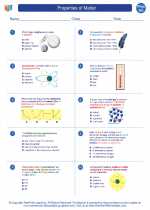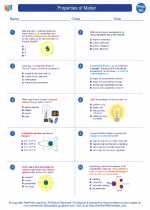Understanding Mental Health
Mental health refers to a person's psychological and emotional well-being. It encompasses the way individuals think, feel, and behave. Understanding mental health is crucial for maintaining overall well-being and achieving personal and professional success.
Key Concepts in Mental Health
Understanding mental health involves grasping several key concepts:
- Mental Illness: Mental illnesses such as depression, anxiety, schizophrenia, and bipolar disorder are conditions that affect a person's thinking, feeling, mood, or behavior. These conditions can be mild or severe and can impact daily functioning.
- Stigma: Stigma refers to the negative attitudes and beliefs that surround mental health issues. It can lead to discrimination and prevent individuals from seeking help.
- Resilience: Resilience is the ability to cope with life's challenges, bounce back from adversity, and adapt to change. Building resilience is important for maintaining good mental health.
- Self-care: Self-care includes activities and practices that individuals engage in to maintain and improve their overall well-being. This can include exercise, mindfulness, seeking social support, and engaging in hobbies.
Studying Mental Health
Studying mental health involves exploring various aspects of psychological well-being, mental illnesses, and strategies for promoting good mental health. Key areas of study include:
- Psychological Theories: Understanding different psychological theories can provide insights into the development of mental health issues and effective interventions.
- Neurobiology: Exploring the neurobiological basis of mental health can help in understanding the biological factors that contribute to mental illnesses.
- Therapeutic Interventions: Learning about different therapeutic approaches such as cognitive-behavioral therapy, psychotherapy, and medication management is essential for addressing mental health concerns.
- Preventive Strategies: Exploring preventive strategies can help in promoting mental well-being and reducing the risk of mental health issues.
Resources for Studying Mental Health
There are various resources available for studying mental health:
- Books and Journals: Reading academic books and journals on psychology, psychiatry, and mental health can provide in-depth knowledge on the subject.
- Online Courses: Enrolling in online courses on mental health and psychology can offer structured learning and access to expert instructors.
- Research Articles: Keeping up with current research in the field of mental health through academic articles and publications is important for staying updated on the latest developments.
- Professional Organizations: Joining professional organizations related to mental health can provide access to conferences, workshops, and networking opportunities.
By understanding mental health and engaging in focused study, individuals can contribute to promoting mental well-being and addressing mental health challenges in their communities.
.◂Physics Worksheets and Study Guides High School. Properties of Matter

 Worksheet/Answer key
Worksheet/Answer key
 Worksheet/Answer key
Worksheet/Answer key
 Worksheet/Answer key
Worksheet/Answer key
